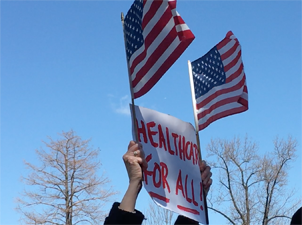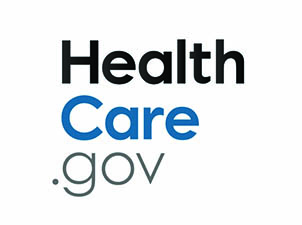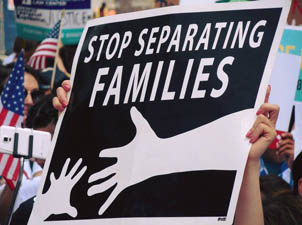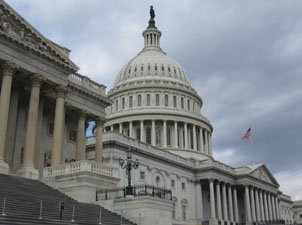
House Passes Partisan CHIP Bill
Lucas Allen
November 6, 2017
Last week, on Friday, November 3, the House passed H.R. 3922, the CHAMPIONING HEALTHY KIDS Act, by a vote of 242 – 174. The legislation includes much-needed funding for the Children’s Health Insurance Program (CHIP), Community Health Centers, and other healthcare programs. Unfortunately, it also included deep cuts to public health funding, risky changes to Medicaid and Medicare financing, and new barriers for families to access affordable health care coverage in the private marketplace. It is unacceptable to pay for children’s coverage with cuts that will hurt the health of others.
Tara Straw from the Center on Budget and Policy Priorities analyzed one harmful aspect of the bill:
“The legislation’s shortened grace periods would hurt low- and moderate-income individuals and families who miss even part of a payment for any reason, such as a costly home or car repair. It would leave well-intentioned consumers with too little time to catch up on premiums when they fall behind and would lock people out of coverage for the rest of the year, raising the number of uninsured.
We shouldn’t take coverage away from other low-income people to pay for essential health priorities like extending CHIP, which provides health coverage for children in low- and moderate-income families, and funding for community health centers, which provide health care for more than 27 million people.”
Read more: Up to 688,000 Would Lose Insurance Under House Bill from the Center on Budget and Policy Priorities
Now, it is up to the Senate to pass a bipartisan bill to extend funding for CHIP without the harmful offsets in the House bill. We urge them to pass the Keep Kids’ Insurance Dependable and Secure (KIDS) Act of 2017 in a bipartisan way. For health policy to serve the common good, we must not cut funding from one group to preserve coverage for another.











 Catholic Social Justice also requires us to make a preferential option for those experiencing poverty. Prioritizing those with the greatest need must be done so that all are able to meet their basic needs and live in community. We can begin to mend the income and wealth gap by requiring everyone to pay their fair share of taxes. President Trump’s framework, if enacted, will expand the gap between those of living with ample means and those struggling to provide for their families.
Catholic Social Justice also requires us to make a preferential option for those experiencing poverty. Prioritizing those with the greatest need must be done so that all are able to meet their basic needs and live in community. We can begin to mend the income and wealth gap by requiring everyone to pay their fair share of taxes. President Trump’s framework, if enacted, will expand the gap between those of living with ample means and those struggling to provide for their families.


